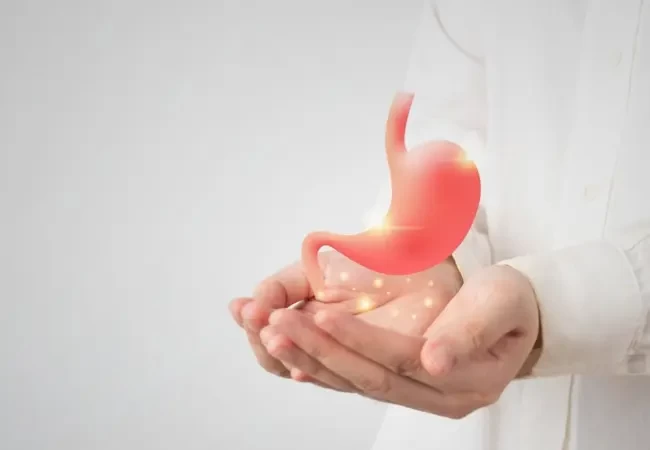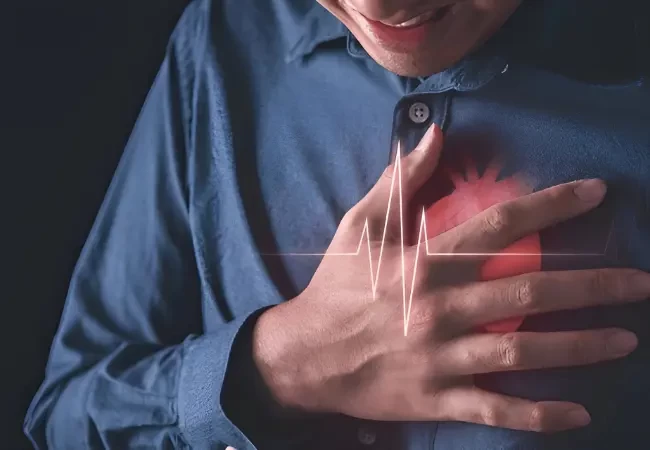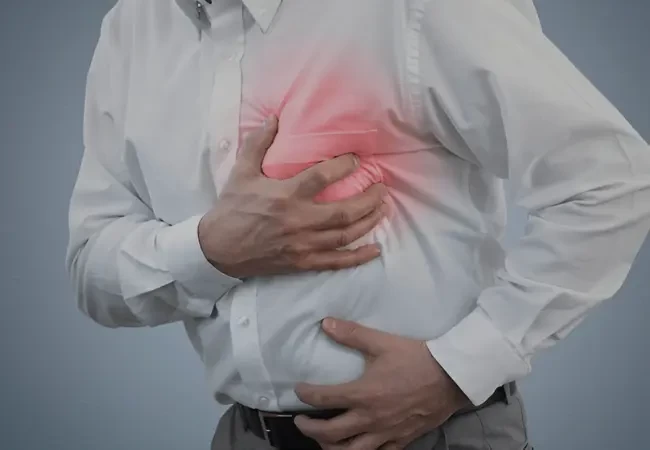Post-traumatic stress disorder (PTSD) is a mental health condition that can occur in some people who experience or witness a traumatic event. This event might be life-threatening or seriously harm their physical, emotional, or spiritual wellbeing. PTSD can affect people of any age. The primary posttraumatic stress disorder treatment is psychotherapy which is also known as talk therapy. If you want to know about PTSD in detail, you can read further below.

To be diagnosed with PTSD, symptoms need to persist for more than a month and must cause significant distress or problems in your daily life. The symptoms of PTSD are categorized into four groups which are as follows.
Children with PTSD might find it hard to tell you how they feel or they might have gone through something traumatic that you are not aware of. They might seem restless, keep moving around, or struggle to pay attention and stay organized.
These signs can be mistaken for symptoms of attention-deficit/hyperactivity disorder (ADHD). That is why it is crucial to take your child to a specialist like a child psychologist who knows how to diagnose PTSD.
PTSD can develop when you experience, witness, or learn about an event involving actual or threatened death, serious injury, or sexual violation. Doctors are not sure why some people get PTSD. Posttraumatic stress disorder causes might be a mix of factors which are as follows:
If you answer yes to three or more of the questions below, you may have PTSD.
*This questionnaire is not intended to replace professional diagnosis. For an accurate diagnosis of PTSD you will need to visit a mental health professional.
Pschotherapy is also known as talk therapy which is the main treatment for PTSD, especially cognitive behavioral therapy (CBT). At the time of this therapy, you will talk with a trained mental health professional like a psychologist or psychiatrist. They will give you support, teach you, and guide you and your loved ones to help you feel better and improve your life.
Trauma focussed CBT: This involves gradually “exposing”yourself to feelings & situations that remind you of the trauma & replacing distorted & irrational thoughts about the experience with more balanced picture.
Group therapy: This therapy will let people who went through similar traumas talk about their experiences and feelings in a safe, non-judgmental space. Family therapy might also help as PTSD can affect the whole family.
Eye movement desensitization and reprocessing (EMDR) therapy: In this therapy, you will move your eyes in a certain way when you think about the trauma. The goal of EMDR is to help you heal from trauma or other bad experiences. Many studies show that EMDR works well and can help you feel better faster than other methods.
Currently, the U.S. Food and Drug Administration (FDA) has not approved any medications specifically for treating PTSD. But doctors might prescribe certain medications to help you with some PTSD symptoms like:
PTSD is a serious mental health condition that can develop after experiencing or witnessing a traumatic event. Treatment will often involve psychotherapy such as cognitive behavioral therapy, and in some cases, medications. Seeking help from a mental health professional is crucial for proper diagnosis and management of PTSD symptoms.
EMC, the best multispeciality hospital in Kochi, will give special care to people with PTSD. Our approach will combine evidence based therapies like Trauma focussed CBT with a focus on holistic wellbeing . With a team of experienced doctors, EMC will offer you affordable treatment plans to help individuals recover and improve their quality of life.


Discover the truth behind common plastic surgery myths. Learn what's real, what's outdated, and how modern procedures truly work.

A step-by-step overview of GI surgery, covering what to do before surgery, what happens in the OR, and how to ensure a strong recovery.

Learn about cancer, its early signs, and prevention tips to lower your risk. Early detection saves lives—stay informed, take proactive steps, and protect your health.

Discover why a skilled pediatrician is essential for your child's growth, development, and overall well-being, from infancy through adolescence.

Discover how dermatology can help tackle acne, slow aging, and treat various skin conditions for healthier, more radiant skin.

Discover common childhood allergies, their symptoms, and management tips. Stay informed to keep your child safe and healthy.

Your liver plays a vital role in metabolism, digestion, immunity, and detoxification. Learn how liver health affects your body and ways to maintain its function.

Strong bones support your body and protect your health. Discover simple diet, exercise, and lifestyle tips to maintain bone strength at any age.

Discover the symptoms, causes, and treatment of hypertensive heart disease. Learn how high blood pressure affects your heart and when to seek medical care.

Learn about chest pain symptoms, causes, and treatments. Know when to seek medical help for a healthier heart.